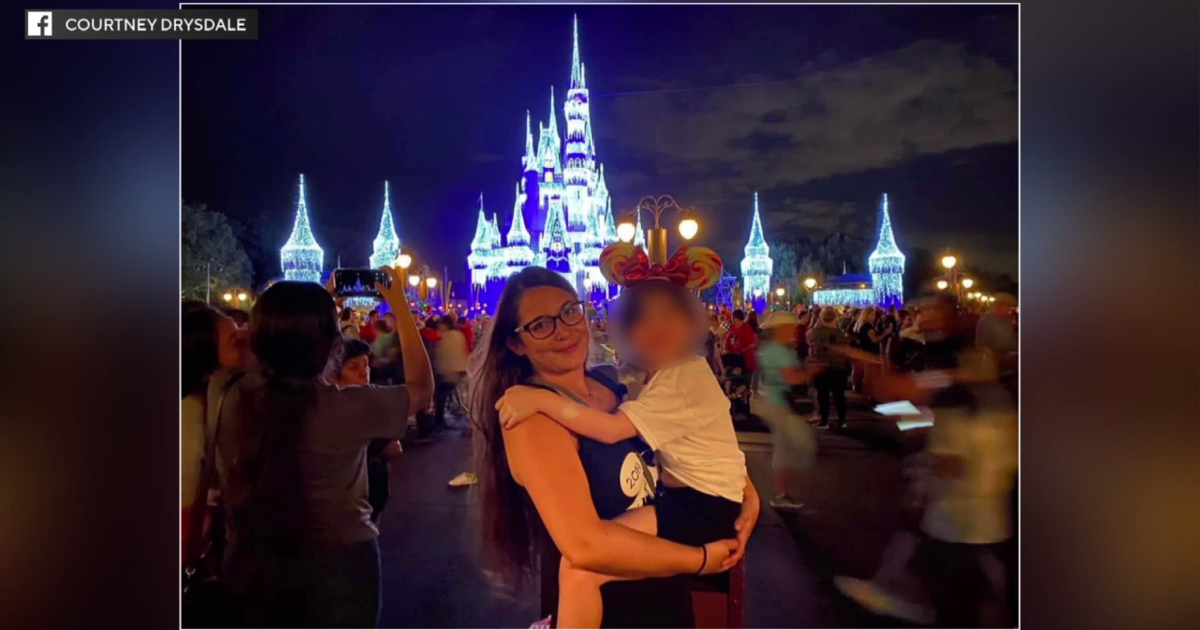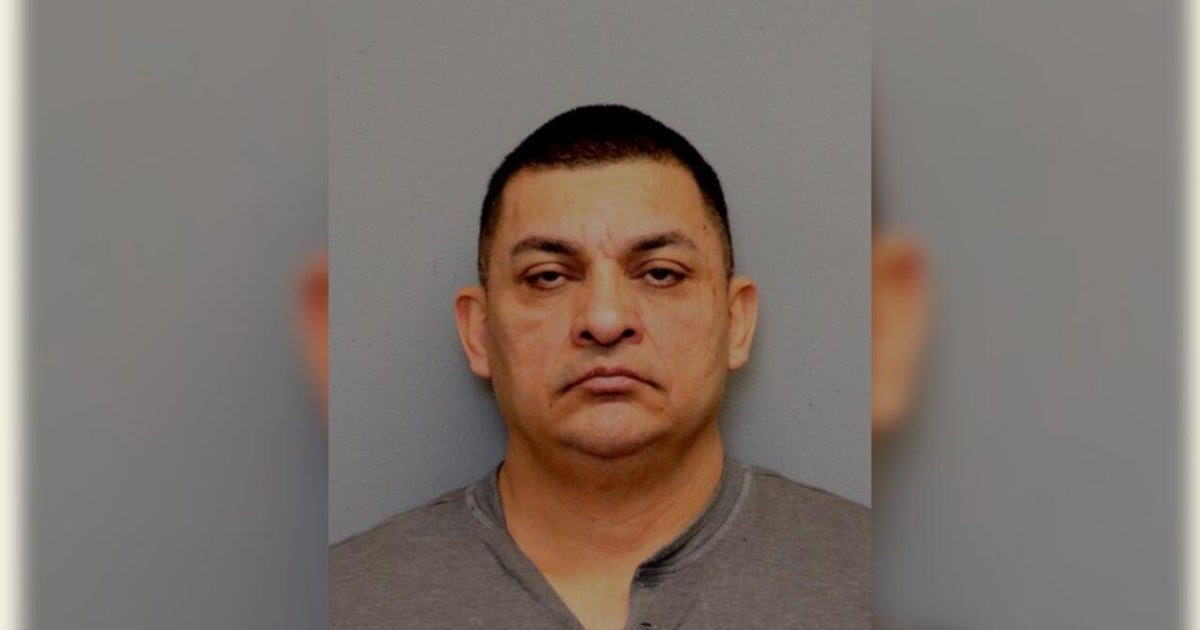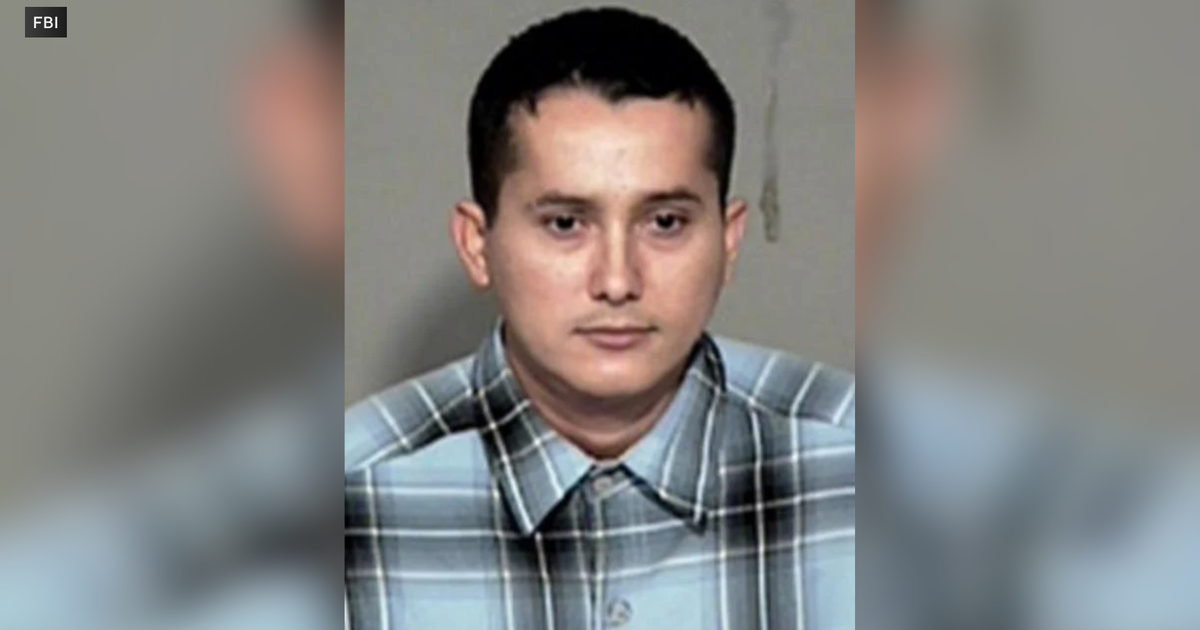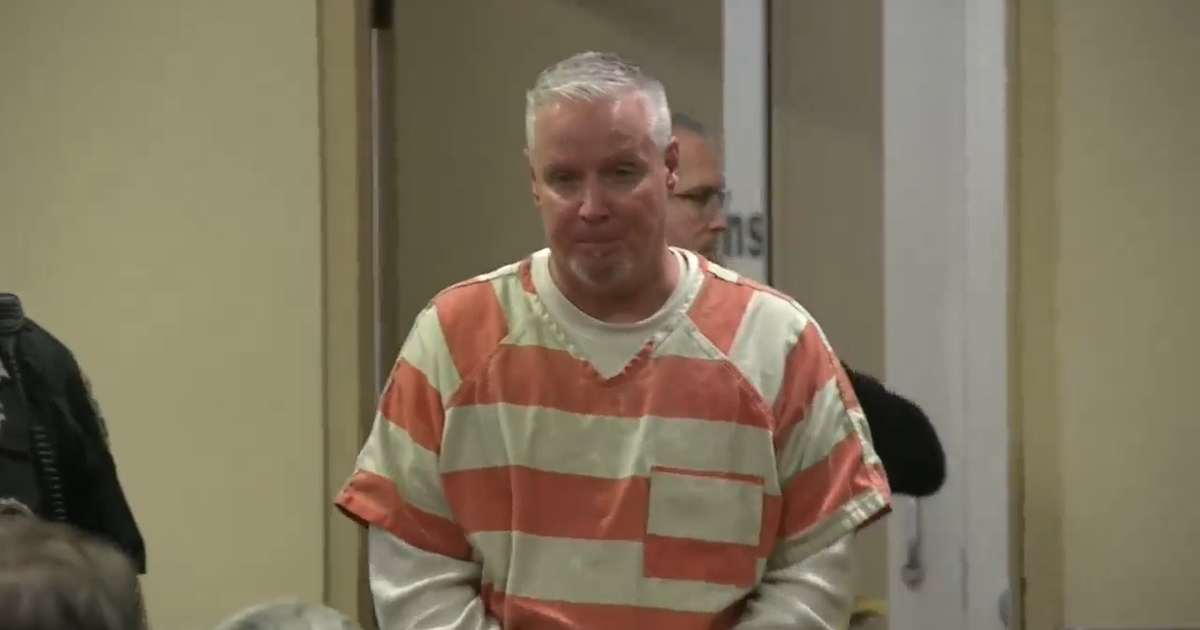Trial Begins For Man Charged With Missing Girl's Murder
TOWSON, Md. (WJZ) -- A 16-year-old girl disappears in Baltimore County and her body is never found. Now, the man charged with her murder is on trial.
Mike Schuh has more from the courtroom.
The big question is: Is circumstantial evidence enough when they can't find the body of the alleged murder victim? Baltimore County prosecutors, for the second time in a year, think so.
In this case, Rochelle Battle, 16, went missing in March 2009. Her family hasn't heard from her since. Her cell phone records quickly directed her family and police to Jason Gross. He was arrested, his property searched, but her body was never found. You'll remember that this time last year, Dennis Tetso was convicted of murdering his wife, though her body was never found.
Legal scholars say few of these cases are brought to court because without a body, how can you prove that the victim is dead? And that the victim was murdered?
"Can we speculate that a person who hasn't been seen for two years is dead? Sure," Byron Warnken at the University of Baltimore Law School. "Sure, you can speculate. But that's not evidence. The defense is hitting home on the fact that you need evidence."
In opening arguments Thursday, the prosecutor Jason League told the jury that Jason Gross, "thought of the perfect murder. A CSI fan, he thought he could get away with it."
He told the jury of the backyard of the accused murderer.
"He burned her body in an incinerator at the back of his house," League said.
Cell phone records from both the accused and the victim show that they were in the same place at the same time on the night that she disappeared. And there are surveillance tapes showing the accused driving toward a rendezvous with the victim at a time when he said he was a bar and had an alibi-- an alibi that a friend later says is not true.
Public defender James Dill, though in a mocking tone, told the jury, "You have no body. How do they prove that Rochelle Battle is dead?" He calls the prosecution's case, "speculation, conjecture, a guess."
Both sides say the two met online in an adult chat room. The defense says Battle used those times in those chat rooms to set up dates for prostitution.
The prosecution will continue its case on Friday.







